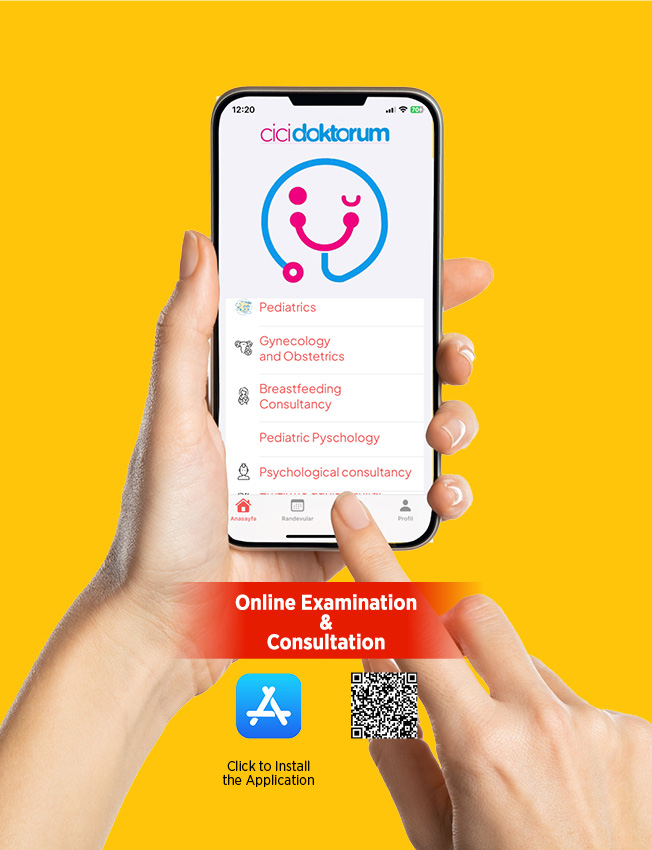School Anxiety

The first day of a new school year always feels like a fresh start — new school supplies, new classrooms, new teachers, new friends, new hopes, and new challenges.
For some children, going back to school can be exciting, but for others, the new school year brings overwhelming anxiety. Children who struggle with separation from their parents often experience a sharp increase in anxiety during transitional periods or when faced with stressful situations. Starting kindergarten, middle school, or a new school can heighten a child’s anxiety. Other stress-inducing changes, such as a close friend moving away or meeting a new teacher, can also contribute to anxiety. In most cases, as the school year progresses, the anxiety tends to decrease for children. During this period, parents should focus on helping their children make a smooth start and support them without amplifying their concerns.
5 Tips for Parents to Reduce School Anxiety:
1. Manage Your Own Stress First
Parents need to be aware of their own emotions. Children can sense if their parents are anxious about the school year. Managing your own stress is a good way to help your child feel calm as well.
2. Listen to Your Child’s Concerns Parents should genuinely listen to their children’s worries about school. Often, children just need some validation to feel better (“I know it’s hard to meet a new teacher”).
3. Help Them Make a Plan If there’s something specific your child is worried about, help them come up with a plan to address it. This can help them feel more in control and prepared.
4. Introduce Your Child to the Teacher Before School Starts If your child is very anxious about the first day, take them to school beforehand to explore the environment and meet the teacher. Familiarizing your child with the school can have a calming effect. If necessary, discuss your child’s situation with a school staff member (teacher, counselor, school psychologist, or nurse) to ensure a smooth transition.
5. Support Positive Behaviors After your child manages a difficult separation or transition, be sure to praise them: “It was great that you went straight to class this morning!”
When to Seek Professional Help?
Despite these supportive approaches, if your child’s anxiety persists and they continue to struggle with going to school, it may be time to seek support from a child mental health professional. Some children exhibit physical symptoms like headaches or stomachaches related to school anxiety, and some may even refuse to go to school. A child mental health expert can help identify the underlying reasons for your child’s difficulty and provide the necessary support.









